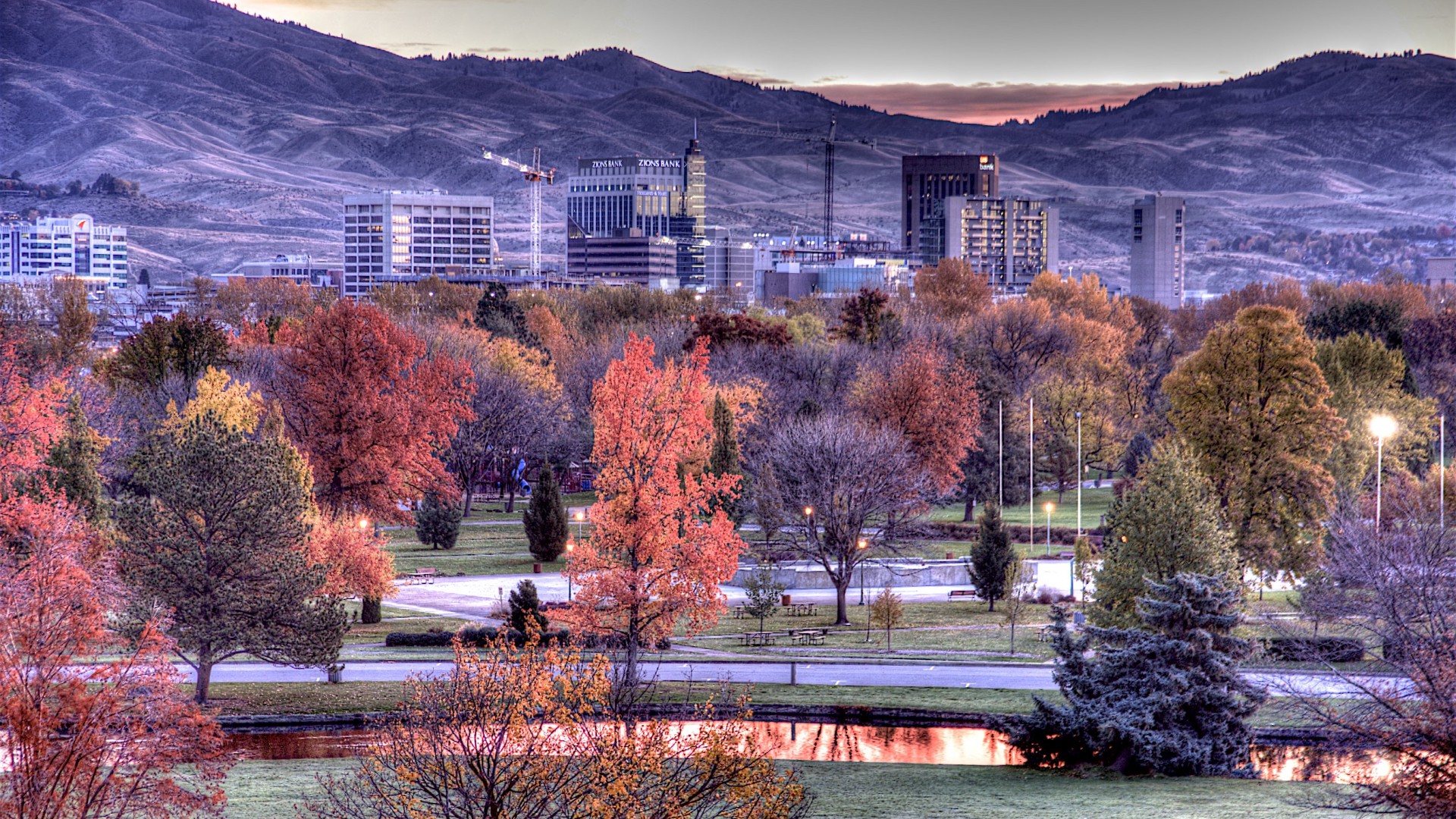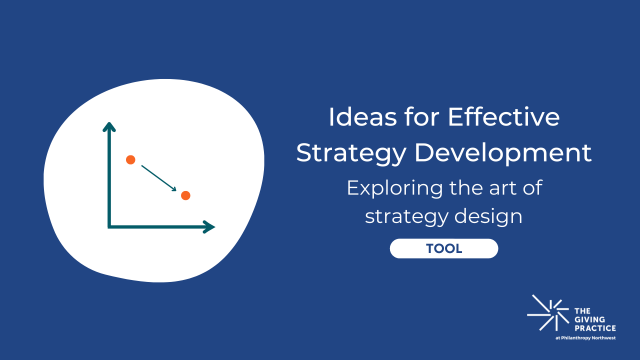
Commitment to place is a core value at Philanthropy Northwest and to community foundations. Honoring place means that we acknowledge both the bright spots and the difficult truths of the places in our region that many of us call home. We do not want to shy away from this complexity, but rather make the most of this opportunity.
We will be in Boise for PNW18 at a time of unprecedented growth and diversity. Boise is now home to some of the most robust refugee resettlement programs in the country. The City of Boise has welcomed these new communities and established new policies in kind. The recent tragedy in Boise’s refugee community brought a swift and sustained response from foundations, nonprofits and thousands of community members. At PNW18, we will hear from some of Boise’s refugee programs and leaders, and these partnerships will be highlighted in the learning tours.
Boise’s growth is also fueled by inspiration and innovation. With its beautiful landscape, love for the outdoors, and commitment to technology and entrepreneurship, Boise is attracting young people from across the West who are eager to have more space, mountains in their backyards (quite literally!), and a city amenable to innovation and philanthropic partnership.
Here’s just a few of the things we've identified with our committee and local hosts to help provide more context to Idaho and Boise:
- Boise was a historic hub of connectivity between the Nez Perce, Shoshone-Bannock and Northern Paiute tribes. The Idaho Historical Museum, set to re-open in September, features an in-depth museum experience about the history of Native peoples in what is now known as Idaho. We will be hearing from tribal leaders throughout the conference, to help us ground into the space and honor the history and present of Native peoples. We encourage you to visit the museum if your itinerary allows.
- Perceptions, and the reality, of explicit hotbeds of white supremacy and racism in Idaho, especially north Idaho, are also part of the state’s story. In response to these events, local leaders founded the Wassmuth Center for Human Rights, an organization we'll feature during the conference. We'll also hear from longtime leaders within some of Idaho's communities of color, whose work shaped the past and present opportunities for people of color across the state. We’re committed to fostering brave spaces for learning, connecting, and living into our values of creating a diverse, equitable and inclusive philanthropic sector.
- In south-central Idaho, the Minidoka Relocation Center was one of ten camps across the nation where the U.S. government incarcerated Japanese Americans during World War II solely because of their ancestry. Now a historic site, Minidoka held more than 9,000 people from Alaska, Oregon and Washington. We are offering an optional post-conference trip to visit Minidoka to hear how this history continues to inform the present. If you’re interested in registering for this trip, please contact Elyse Gordon.
We hope you will join us in Boise as we lean in to learning about, honoring, and working with the histories of our region. Some of these histories might be hard to face. Some in our network say it’s not history at all, because past realities are still visible and felt on a daily basis. We know that our philanthropy is at its best when it is responsive to community and grounded in place.


